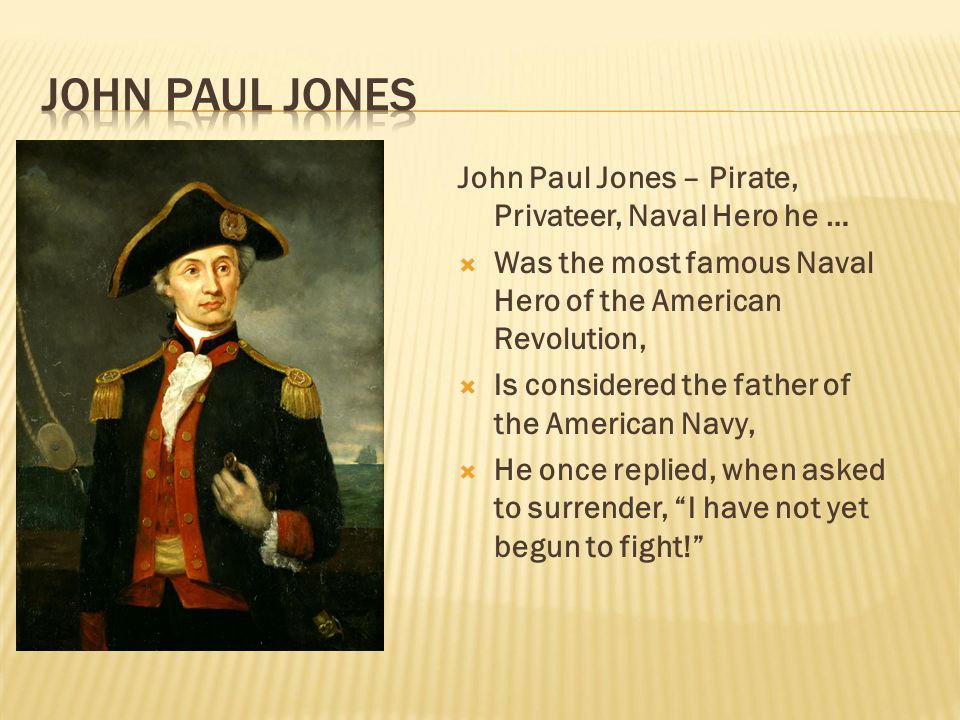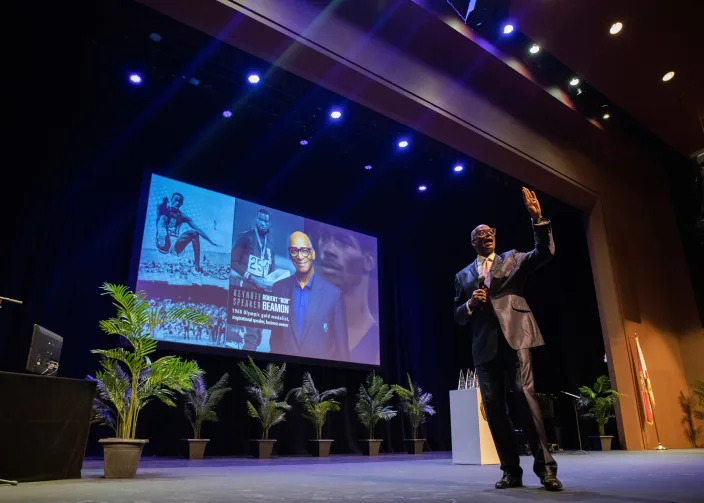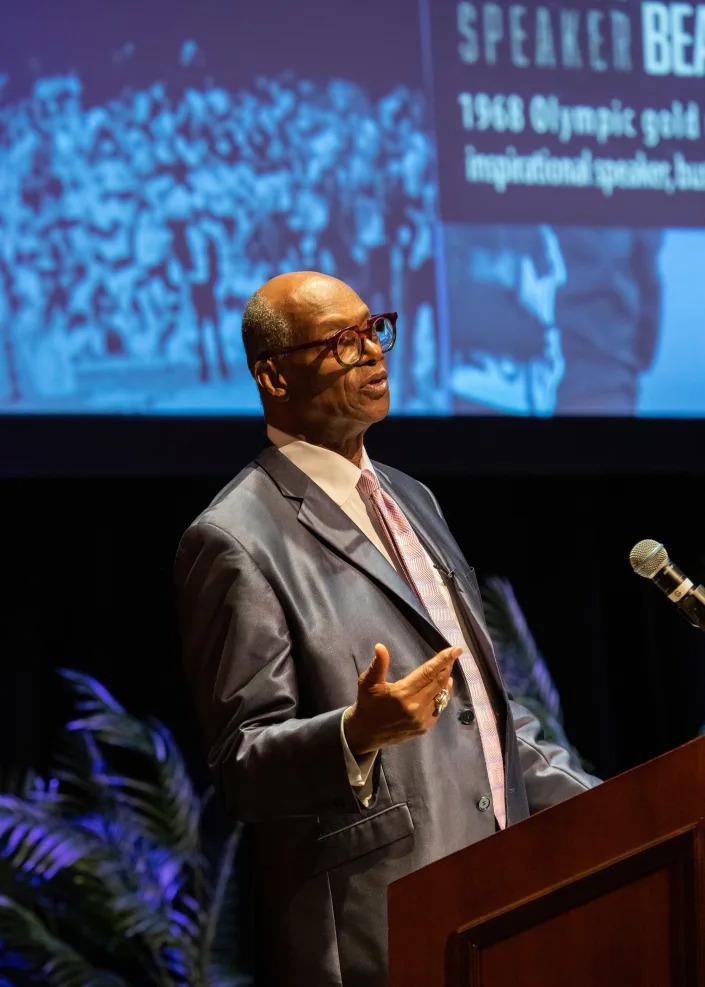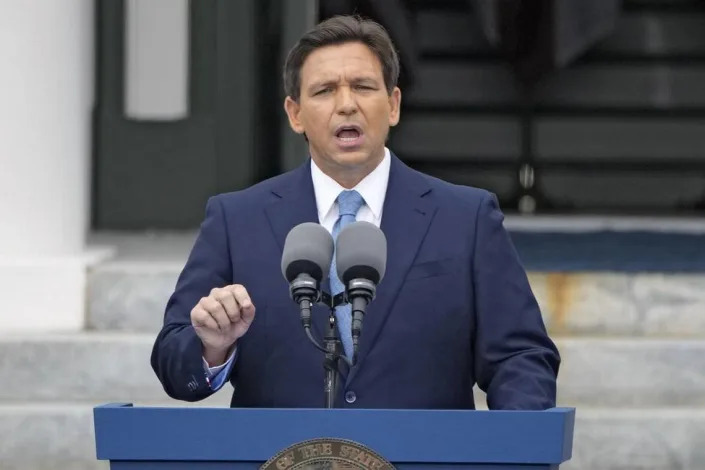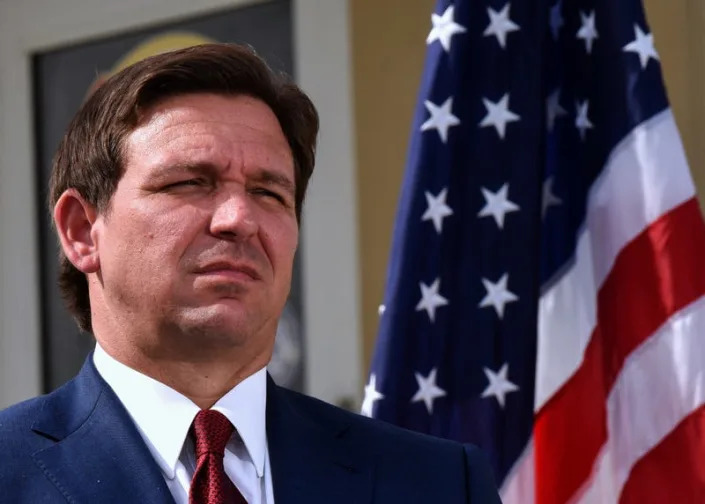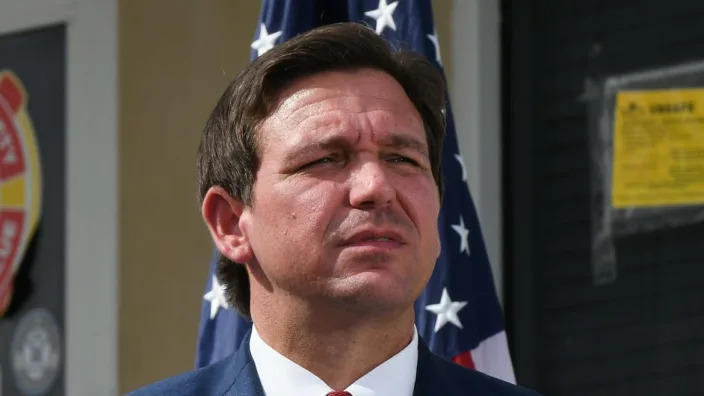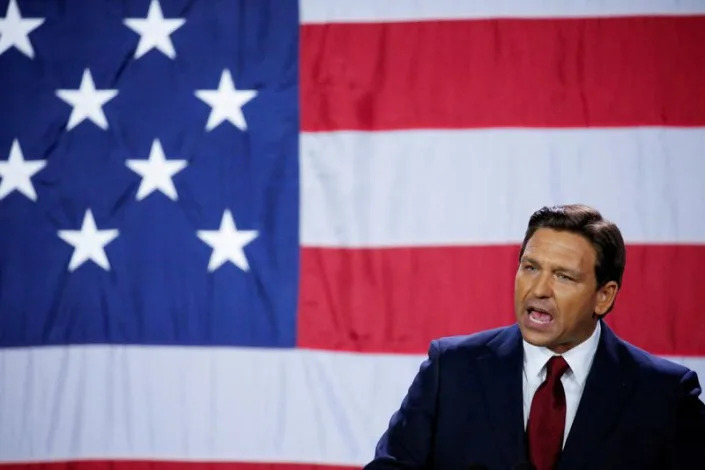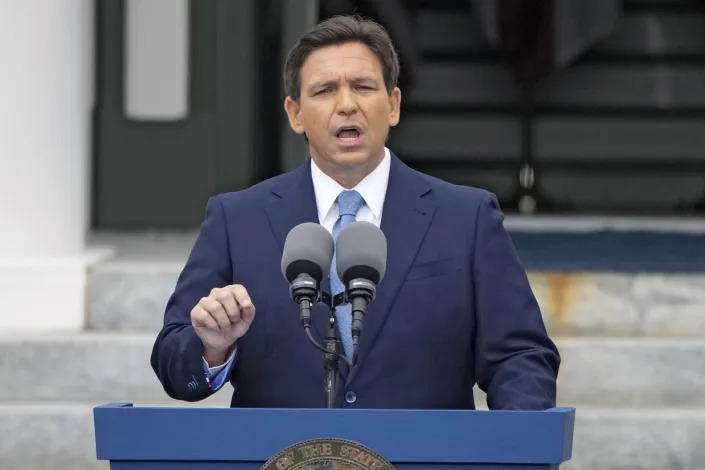
Canada is a nation of pot heads.
\Marijuana use in Canada is the highest in the industrialized world and more than four times the global rate, according to a report from the United Nations.We have a large scale industry in producing illicit and licit marijuana. The latter for medicinal purposes. We have approved marijuana and its byproducts for medicinal uses.
Forty per cent of Canadian cannabis is produced in British Columbia, 25% in Ontario and 25% in Quebec, the report noted.Health
- One in 10 Canadian women uses marijuana.
Experts and activists are not concerned about the high rate of Canadian marijuana use reported in 2007 UN World Drug report —even though young people are the largest users of the drug.
The report states that 16.8 per cent of Canadians between the ages of 16 and 64 used marijuana in 2004. Canada is ranked fifth in marijuana use and the country’s usage percentage is four times the world average of 3.8 per cent. To compare, the report found that 12.6 per cent of people in the United States and 6.1 per cent in Holland have used the drug.
Richard Mathias, a professor at the University of British Columbia’s faculty of medicine, said he is pleased with the results from the report and is not worried about the high numbers of young people using the drug.
“I think that marijuana is a safer drug than some other options and I know that youth is a difficult, highly stressful time and it is to be expected that youth will explore and that’s good,” he said. “I teach these kids. They’re not criminals.”
A study conducted in 2002 by Carleton University professor Peter Fried also concluded that only heavy pot smokers are negatively affected by marijuana use. Fried’s 70-person study found that only heavy marijuana users between the ages of 10 and 20 had a decline in their IQ scores. The rest saw an increase in their scores.
The study also found that those who smoked heavily and later quit returned to their former IQ level.Eugene Oscapella, an Ottawa-based lawyer who specializes in drug policy issues, said the UN report shows that the legal status of marijuana in a given country seems to have little bearing on consumption rates.
The report found that only 6.1 per cent of people in the Netherlands, where marijuana use has effectively been decriminalized, reported trying pot.
This shows decriminalization has no bearing on rates of use, and Canada shouldn't be so afraid to follow the Dutch lead, Oscapella said.
"The criminal law does not prevent people from using marijuana, nor does legalization force people to use it," he said.
Jean Chretien's Liberals first introduced a bill to decriminalize small amounts of marijuana in 2003, but it was never brought to a final vote. Stephen Harper's Conservatives killed the bill when they came to office in January 2006.
Oscapella added that Canada should be focusing its resources on the root causes of drug abuse, rather than persecuting people for possession.
"It is a health and a social issue," he said. "The criminal law is not the appropriate mechanism for dealing with drugs in the vast majority of cases."
Marijuana and tobacco use among young adults in Canada
The authors characterized marijuana smoking among young adult Canadians, examined the co-morbidity of tobacco and marijuana use, and identified correlates associated with different marijuana use consumption patterns. Data were collected from 20,275 individuals as part of the 2004 Canadian Tobacco Use Monitoring Survey. Logistic regression models were conducted to examine characteristics associated with marijuana use behaviors among young adults (aged 15-24). Rates of marijuana use were highest among current smokers and lowest among never smokers. Marijuana use was more prevalent among males, young adults living in rural areas, and increased with age. Young adults who were still in school were more likely to have tried marijuana, although among those who had tried, young adults outside of school were more like to be heavy users. Males and those who first tried marijuana at an earlier age also reported more frequent marijuana use. These findings illustrate remarkably high rates of marijuana use and high co-morbidity of tobacco use among young adult Canadians. These findings suggest that future research should consider whether the increasing popularity of marijuana use among young adults represents a threat to the continuing decline in tobacco use among this population.
Since the 1970's when the LeDain Commission recommended decriminalization to today when the right wing think tank the Fraser Institute recommends decriminalization for controlling grow ops and increased tax income.
Canadians favour decriminalization. However the Harpocrites ignored their old Fraser pals as they ignore 'polls' and once elected declared war on pot. Quietly without much fanfare, what had been Liberal policy waiting for a vote was squashed.
“We will not be reintroducing the Liberal government’s marijuana decriminalization legislation,” Harper announced at a Canadian Professional Police Association meeting. “I thought we might find a receptive audience here,” he added, according to a Reuters report.
The Harpocrites would rather pander to their regressive base with a phony war on drugs, blaming as they do the rise in crime and pot smoking on the Liberals, pathetic.
In view of the former Liberal government's determination to medicalize and legalize marijuana, it is not surprising that, according to a study of young people in Canada released in 2004, our youth now hold the distinction of topping all nations (Switzerland was second) in frequent marijuana use. The lead researcher for this study, Dr. William Boyce of Queen's University, stated that the increased use of marijuana in Canada was tied to the three As - affordability, availability and acceptability. He stated, "in Canada, I think all three of those things come together so that it's actually used quite a bit by kids here. It's not so expensive, it's definitely available and with the legislation introduced in the last Parliament - and perhaps again in this one - that decriminalizes marijuana use, it certainly provides a signal to kids that this is not a highly illegal activity."
Thank heaven, the Conservative government is now providing a different message to our youth on marijuana use.
Please write to Prime Minister Harper and Minister of Justice Toews to thank them for the planned enforcement of the present marijuana laws rather than legalizing its use. Their actions will make a significant difference to our nation's youth. Please also request that marijuana use for so-called medical reasons be stopped if and until such time that it can be scientifically determined that its use has in fact, medical benefits.
The Harpocrites have adopted the oh so successful American War On Drugs Policy. And they have included marijuana as a key element of their new anti-drug campaign. Look forward to more regressive stupidity in the fall sitting of the house as the Minister of Health declares a drug panic.
Meanwhile the Police and Senate disagree with the Harpocrites new War On Drugs.Clement to MDs: Get tougher on illicit drugs
Federal Health Minister Tony Clement delivered a tough, anti-drug message to doctors yesterday, saying young people need straight talk about the dangers of illicit drugs, including marijuana.
"The messages young people have received during the past several years have been confusing and conflicting to say the least," Clement told the annual meeting of the Canadian Medical Association in Vancouver.
"We are very concerned about the damage and pain that drugs cause families and we intend to reverse the trend toward vague, ambiguous messaging that has characterized Canadian attitudes in the recent past," he said.
Ottawa plans a campaign emphasizing the dangers of all illicit drugs in any quantity, Clement said. "We will discourage young people from thinking there are safe amounts or safe drugs."
Victoria's No. 2 cop testified in B.C. Supreme Court yesterday that neither the Vancouver Island Compassion Society nor its distribution of medical marijuana has ever been the subject of a criminal investigation.
Deputy Chief Bill Naughton said the society's Cormorant Street office of the Vancouver Island Compassion Society has not generated any complaints, adding marijuana ranks behind drugs like cocaine, methamphetamine and heroin in terms of Victoria police priorities.
"The enforcement of federal laws against marijuana takes a back seat," said Naughton, who was subpoenaed by the defence in the trial of Michael Swallow, 41, and Mat Beren, 33.
Also testifying yesterday in Victoria was Senator Pierre Claude Nolin, who chaired the Senate Special Committee on Illegal Drugs, which called in 2002 for the legalization of marijuana in Canada.
Nolin told the court the regulations, as they currently exist, are an obstacle to Canadians who want access to medical marijuana.
He said the rules ask doctors to be "gatekeepers" for access to legal marijuana. It's a role doctors don't want, and so Canadians are being denied access to a medical product.
"[The] medical profession is reluctant, generally reluctant," he said. "They don't want to be the gatekeepers, they don't want that responsibility."
Heck even the da Judge disagrees with the Government.
Rolling a joint might require the removal of stems and seeds, but the legal limbo in which pot smokers in Canada find themselves is far from clear-cut.
On July 13, an Ontario Court judge in Toronto acquitted Clifford Long, who was charged with possession of 3.5 grams of marijuana.
The court held that Canada's marijuana possession laws are unconstitutional. Justice Howard Borenstein cited a seven-year-old Ontario Court of Appeal case, which also described the possession law as unconstitutional, due to its ambiguity on medical marijuana.
Long argued in court that since the government of Canada allowed for medicinal use, but did not change the law on marijuana to accommodate this policy change, then all possession laws should cease to exist.
While the Harpocrites declare a War On Drugs, including marijuana, at the same time they approve big pharma profiting off Medical Marijuana.
GW Pharmaceuticals plc (AIM: GWP) and Bayer Inc., a subsidiary of Bayer AG, announce that Health Canada has approved Sativex®, a cannabis derived pharmaceutical treatment, as adjunctive analgesic treatment in adult patients with advanced cancer who experience moderate to severe pain during the highest tolerated dose of strong opioid therapy for persistent background pain.
While local marijuana growers are limited in providing medical marijuana to one or two Canadians. Clearly the Harpocrites missed the point of the Fraser Institute Report. Local grow ops legally functioning can produce medical as well as recreational marijuana that then could be taxed. Quality and consumer protection, would be assured.
A Vancouver Island grower of organic marijuana is being inundated with pleas for pot from disease sufferers, but Health Canada says he can supply only one person, a provincial court trial has been told.
Eric Nash said he wrote to Canadian Health Minister Tony Clement with a list of 121 people, all approved by Health Canada to use marijuana as medicine and asking him to grow it for them. One of them was a former RCMP officer diagnosed with multiple sclerosis.
But Nash said regulations forbid him from growing for more than one person at a time. So his company, Island Harvest, can supply only two people, one each for him and his partner, although it could easily supply more.
And Tony's announcement of a new PR campaign in the War On Drugs looks suspicious in light of the governments failure to extend the license for the Vancouver Safe Injection Site.
The Canadian government is ramping up a massive anti-drug campaign, the first in 20 years, amid calls to keep open a Vancouver clinic that monitors heroin addicts as they inject themselves with the drug.
"Canada has not run a serious or significant anti-drug campaign for almost 20 years. The messages young people have received during the past several years have been confusing and conflicting to say the least," federal Health Minister Tony Clement said yesterday in a speech to the Canadian Medical Association in Vancouver.
Meanwhile, the Health Minister was vague about whether the Insite injection clinic in Vancouver would stay open. "There has been more research done, and some of it has been questioning of the research that has already taken place and questioning of the methodology of those associated with Insite," he said.
Isra Levy, president of the National Specialty Society for Community Medicine called for Insite to remain open in an interview with The Globe and Mail, stating that "illicit drug use is indeed a scourge, it's the cause of untold misery for those ill with addiction and their loved ones."
Is Harpers War in Afghanistan an excuse to expand his War On Drugs.....not only against opium but against the powerful Cannabis Indica and Afghani Hash....remember Afghani hash? It ain't been around in North America since the late Sixties and early Seventies when Hippies made their holy pilgrimage to Marrakesh and on to Afghanistan and back. It remains however a staple in Europe.
Hashish is produced practically everywhere in and around Afghanistan. The best kinds of Hash originate from the Northern provinces between Hindu Kush and the Russian border (Balkh, Mazar-i-Sharif). As tourist in Afghanistan it will be very difficult to be allowed to see Cannabis-Fields or Hash Production. The plants which are used for Hash production are very small and bushy Indicas. In Afghanistan Hashish is pressed by hand under addition of a small quantity of tea or water. The Hashish is worked on until it becomes highly elastic and has a strong aromatic smell. In Afghanistan the product is stored in the form of Hash-Balls (because a round ball has the less contact with air), however, before being shipped, the Hash is pressed in 100g slabs. Good qualities of Afghani are signed with the stem of the producing family. Sometimes Hash of this kind is sold as Royal Afghani. Color: Black on the outside, dark greenish or brown inside. Can sometimes look kind of grayish on the outside when left in contact with the air. Smell: Spicy to very spicy. Taste: Very spicy, somewhat harsh on the throat. Afghani can induce lots of coughing in inexperienced users.Afghani
aka Afghanistan
MarijuanaAfghani Marijuana Strains - The origins of this seed strain come from Afghanistan and travel to Holland. Afghani has big round fat leaves and the same beautiful big fat buds. It usually has a rich smooth hash like heavy smoke taste. The Afghani marijuana plant tends to be very bushy and will yield large amounts of very sticky buds. Well known for excellent growth because it originated in mountainous conditions and over thousands of years a very stocky, sturdy and disease resistant plant was produced.
Well Cannabis in Afghanistan is back in a big way. As Canadian forces found last fall. Hey guys don't put that to the torch or ya' all will fall down.
Maj. Patrick Robichaud, commander of the operating base, this week characterized the security situation around Ma'sum Ghar as "fragile." He said Taliban insurgents appear to have taken advantage of a change in command among the Canadians and the Afghan National Army to slip back into the region. The insurgents are looking to strong-arm local farmers for a piece of the action in the impending marijuana harvest, said Maj. Robichaud.
Canadian troops fighting Taliban militants in Afghanistan have stumbled across an unexpected and potent enemy — almost impenetrable forests of 10-foot-tall marijuana plants.Gen. Rick Hillier, chief of the Canadian defense staff, said Thursday that Taliban fighters were using the forests as cover. In response, the crew of at least one armored car had camouflaged their vehicle with marijuana.
"The challenge is that marijuana plants absorb energy, heat very readily. It's very difficult to penetrate with thermal devices ... and as a result you really have to be careful that the Taliban don't dodge in and out of those marijuana forests," he said in a speech in Ottawa.
The United Nations has conducted surveys of poppy crops, but has not done so for marijuana plants. The focus on poppies possibly reflects the view of international donors that highly addictive heroin is the more urgent problem.
Marijuana plants are widely grown in at least three of the 16 districts in Balkh province, which is home to Mazar-e-Sharif. Local authorities have sent letters to villages urging farmers to stop growing the illegal crop, but they have yet to decide how and when they will crack down.
"The farmers have planted this stuff like smugglers," said Saheed Azizullah Hashmi, head of the province's agriculture department. "We don't know how much there is out there."
He said many people associated with the hashish trade were linked to the Taliban and Osama bin Laden's al-Qaida network. But marijuana plants thrived well before they held sway over much of Afghanistan, and local commanders with large land holdings reportedly benefit from its cultivation.
Rouzudin and his fellow farmers made no effort to hide their plants, which loom over nearby cotton bushes. The two crops are interspersed along the road leading to Shibergan, the headquarters of Gen. Abdul Rashid Dostum, an ethnic Uzbek commander and powerful political figure in the north.
Farmer Majid Gul said he can get 5 million Afghanis, or about $100, for 2.2 pounds of hashish, 200 times more than he could earn for the same amount of cotton.
"When we're ready to sell, people in big cars will come from the bazaar in town," he said. "We don't know who they are, we just want the money."
. For the decade before the Soviet army invaded in 1979, the teahouses of Afghanistan were the toking tourist's hangout of choice. And even during 23 years of war, when the Afghans fought the Soviets and then one another, the hash trade thrived. "Afghan black" remained a staple sale for cannabis dealers across the world. Mazar-i-Sharif gave its name to a particularly potent variety. And last year, in the final weeks of the Taliban, Amsterdam's coffee-shop owners even boasted they were doing their bit for the war on terror by buying blocks stamped with a golden Northern Alliance stencil reading "Freedom for Afghanistan."
Now, as Afghanistan emerges from war, dope farming has never been so good�and the drought never so bad. The Taliban banned hash production, but in the postwar chaos of lawless fiefdoms that dot the land, growers and traders across the country are finding themselves free once again to cultivate and export hashish without fear, and often with warlord protection. Moreover, the international perception that cannabis is a relatively benign drug�prompting some authorities across Europe and Australia to decriminalize its use�has persuaded drug-policing agencies to largely ignore it. So, while opium cultivation is monitored to the acre, neither Interpol, the U.N. Office for Drug Control and Crime Prevention nor the U.S.'s Drug Enforcement Agency can offer even rough estimates for how much hashish Afghanistan produces or what the trade is worth. But around Mazar it's almost impossible to find a field where hemp is not being grown, either openly or poorly hidden behind watermelons or knee-high cotton plants. "Everybody's farming chaars now," says former Taliban fighter Faizullah, 27, watering a verdant six-hectare oasis of hemp surrounded by desert. Cannabis used to be outlawed by the Taliban. "But now," says Faizullah, "it's a free-for-all."
Also, a little known fact is that if Ron Paul got his way, there would be no federal war on drugs. He has called the war on drugs “as stupid as the war in Iraq”. He is uncompromisingly against federal laws banning medical marijuana, and completely opposed to the federal government coming in, when a state has legalized medical marijuana, and using force to nullify this legalization (such as has happened in California, where medical marijuana is legal, but the federal government uses force to effectively keep it criminalized. This would NOT happen under a Paul administration.)
Find blog posts, photos, events and more off-site about:
medicare, healthcare, Canada, Afghanistan, Ron Paul, war on drugs,marijuana,cannabis,pot,Stephen Harper,Tony Clement,drug war, medical marijauana,



